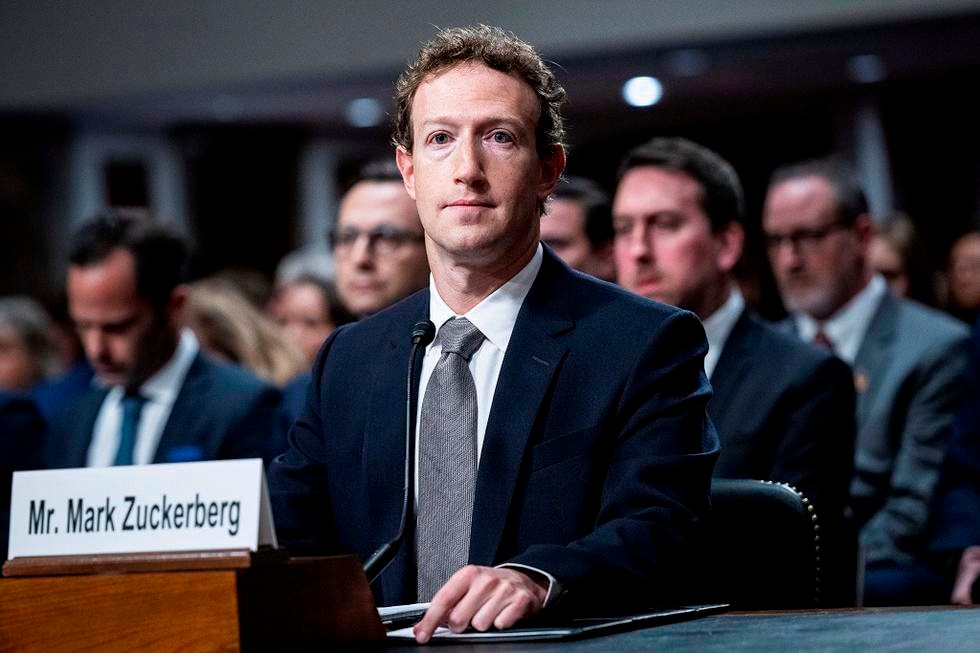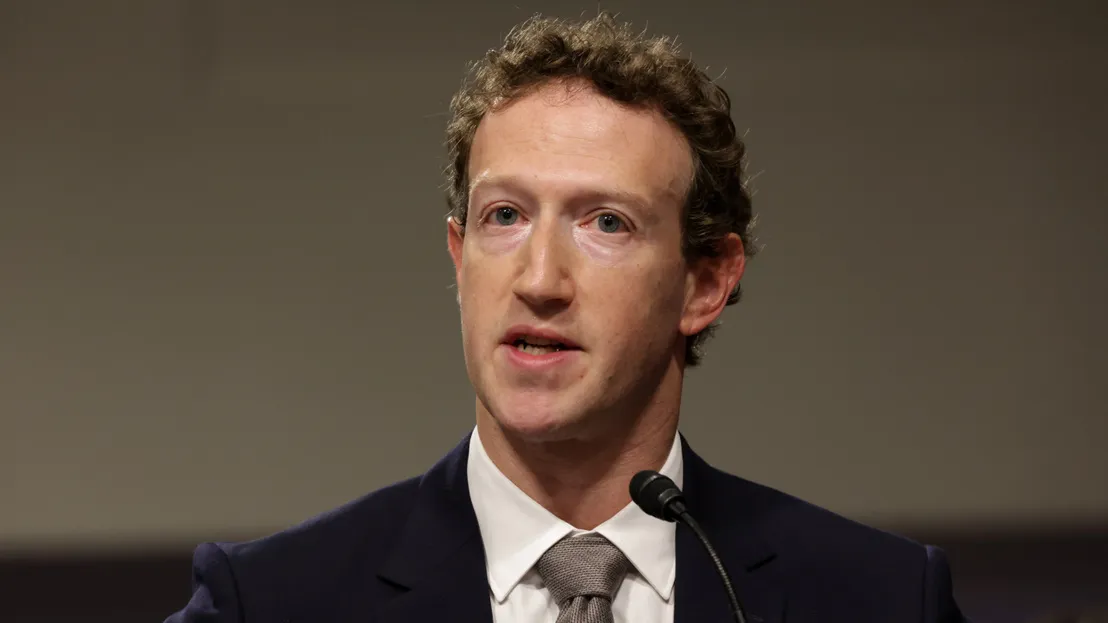

Mark Zuckerberg Shares Insight on Unconventional Work Environment in His AI Lab
Introduction
Mark Zuckerberg, the CEO of Meta, is no stranger to shaking up the tech industry with bold moves and futuristic visions. His ambitious projects, from the creation of Facebook to the transformation into Meta, have constantly aimed at redefining how humans interact with technology. Recently, Zuckerberg opened up about the unconventional work environment inside his AI lab, a space where some of the brightest minds in artificial intelligence are shaping the next frontier of innovation. His insights reveal a culture that blends flexibility, creativity, and intense productivity in ways that differ dramatically from the traditional corporate model.
A Break from Traditional Office Culture
Unlike the structured, cubicle-heavy offices many imagine when they think of Silicon Valley, Zuckerberg’s AI lab prioritizes open spaces, collaborative zones, and even relaxation areas to inspire creativity. The philosophy behind this approach is simple: when building artificial intelligence tools designed to augment human life, the working environment should itself feel human, open, and adaptive.
Zuckerberg explained that his team doesn’t follow the strict 9-to-5 routine that many corporations enforce. Instead, the lab embraces flexible hours, allowing researchers, engineers, and designers to work during the times they feel most productive. Some prefer early mornings filled with focus, while others thrive in late-night brainstorming sessions. The emphasis, according to Zuckerberg, is on output and innovation, not on punching a time clock.
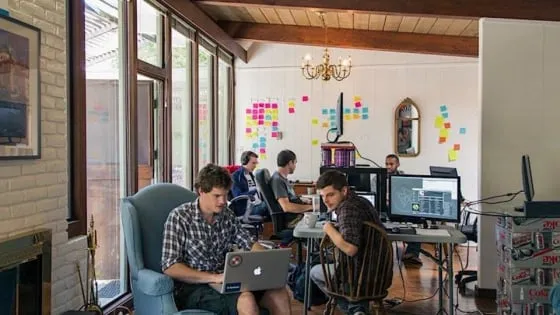
Encouraging Risk-Taking and Experimentation
One of the hallmarks of the AI lab environment is its encouragement of risk-taking. Zuckerberg has repeatedly said that in order to build something groundbreaking, teams must be willing to experiment and occasionally fail. Within the lab, “failure” isn’t viewed negatively but as a critical part of the innovation cycle.
Developers and researchers are free to test unconventional ideas—even ones that seem outlandish at first glance. Some of these concepts may never reach the public, but others could evolve into major breakthroughs that reshape Meta’s technological ecosystem. Zuckerberg believes this culture of experimentation differentiates Meta’s AI lab from more conservative corporate R&D environments.
Integrating Play with Work
Another unconventional element is the lab’s integration of play into work. Zuckerberg has spoken about how the lab includes spaces for activities like gaming, VR simulations, and even physical workouts. These aren’t just perks; they’re seen as essential components of sparking creativity.
For example, engineers working on AI-driven gaming systems can test concepts directly in VR playrooms, while researchers exploring human-computer interaction can simulate real-world scenarios in immersive labs. This blending of work and play creates a cycle where relaxation often leads to new ideas, blurring the lines between productivity and leisure.
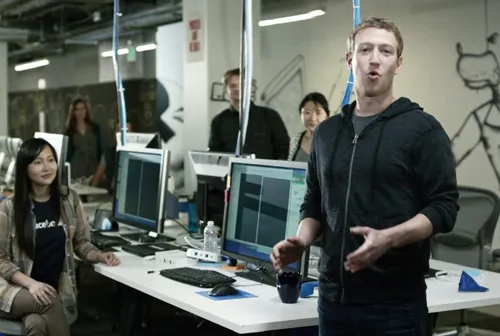
The Role of Diversity in Driving Innovation
Zuckerberg has also emphasized the importance of diversity within his AI lab. Unlike earlier phases of Silicon Valley’s history, which were often dominated by homogenous groups, Meta’s AI lab actively recruits individuals from a wide range of backgrounds—culturally, academically, and professionally.
The reasoning is clear: diverse teams bring diverse perspectives, which in turn help to prevent the biases that AI systems sometimes reflect. For instance, when building natural language models or designing AR glasses, having input from people with varied life experiences helps ensure inclusivity and fairness.
A Strong Focus on Collaboration
The AI lab also promotes a culture of collaboration over competition. While many tech firms encourage internal rivalries, Zuckerberg’s lab instead emphasizes shared goals and open communication. Teams often work in clusters, sharing progress in real time rather than guarding their work until completion.
Daily stand-up meetings, cross-department brainstorming sessions, and even casual lunches act as incubators for exchanging ideas. The environment encourages people to challenge each other respectfully, creating what Zuckerberg calls a “creative tension” that sharpens innovation without causing unhealthy friction.
Balancing Pressure with Freedom
Despite the lab’s unconventional environment, it is still home to some of the most ambitious projects in Meta’s history, particularly in AI and augmented reality. This means the pressure to deliver is immense. However, Zuckerberg revealed that the lab has systems in place to balance this pressure with freedom.
Employees are given significant autonomy to decide their approaches to solving problems. This balance of responsibility and freedom allows individuals to feel trusted and respected, motivating them to take ownership of their projects. The result, Zuckerberg notes, is a culture where creativity flourishes under responsibility, not fear.
Real-World Applications Emerging from the Lab
The unconventional work environment isn’t just for show; it has already produced tangible results. Some of the lab’s most notable projects include advances in AI chatbots, VR training tools, and augmented reality devices. Zuckerberg has shared that the collaborative and playful culture of the lab has been crucial in developing prototypes faster than in traditional environments.
For example, one team working on AI-powered translation tools for AR glasses reportedly came up with a key breakthrough during a casual after-hours brainstorming session. Similarly, advancements in AI assistants that anticipate user needs grew out of a playful competition between two engineering groups testing each other’s designs.
The Criticism and Skepticism
Of course, not everyone is convinced by Zuckerberg’s description of the AI lab’s work culture. Critics argue that while the environment may sound ideal, Meta has faced serious ethical controversies in the past, particularly concerning privacy, data usage, and the societal impact of its technologies. Skeptics warn that playful environments and flexible hours may not fully address deeper concerns about accountability and long-term consequences of AI innovation.
Some former employees have also suggested that despite the unconventional environment, the lab can still be high-pressure and demanding, with expectations that go beyond what is sustainable. This raises questions about whether the culture is truly as relaxed as Zuckerberg portrays it.
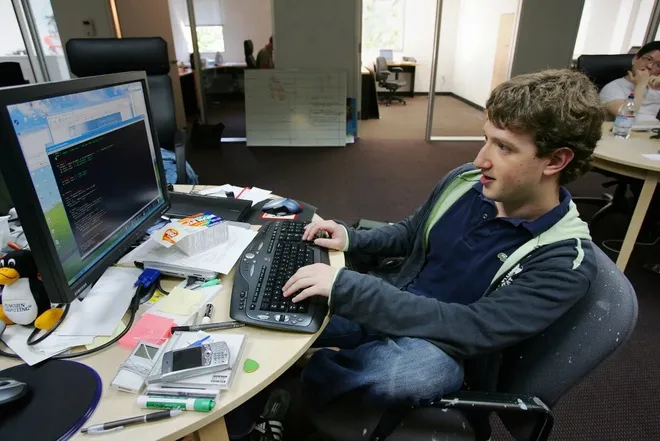
Zuckerberg’s Long-Term Vision
Ultimately, Zuckerberg’s insights into his AI lab reflect his larger long-term vision: a world where artificial intelligence, augmented reality, and human creativity merge seamlessly. He sees the lab not just as a workplace but as a testing ground for the future of work itself—a model that other companies might one day adopt.
By pushing the boundaries of how a work environment is structured, Zuckerberg hopes to show that innovation thrives best in places where people feel free, inspired, and supported. If his AI lab succeeds, it may not only produce groundbreaking technologies but also influence how the next generation of tech firms structure their own cultures.
Conclusion
Mark Zuckerberg’s AI lab represents a bold experiment, not only in technology but in workplace culture itself. By prioritizing flexibility, creativity, and collaboration over rigid schedules and corporate hierarchies, the lab is setting an example of how innovation might be cultivated in the modern era.
While challenges and criticisms remain, particularly regarding ethics and long-term sustainability, the lab’s unconventional work environment could prove to be one of Zuckerberg’s most significant contributions—not just to Meta, but to the future of how humans and machines work together.









